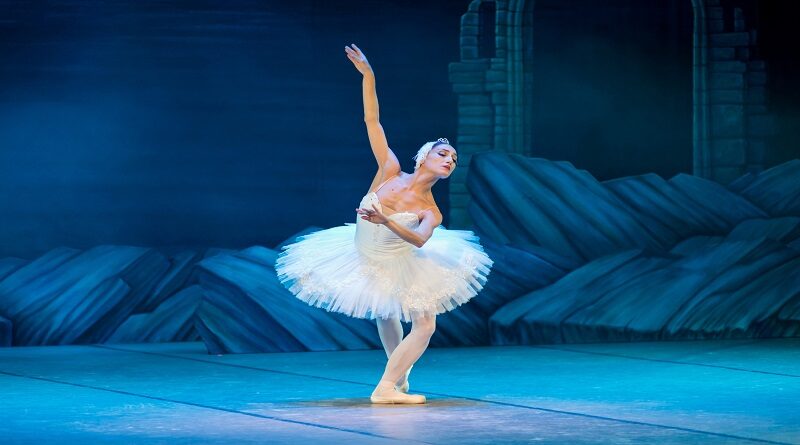Postgraduate courses in Dance
We all feel a little better after a dance around our room or in a club with friends but what about a career in doing so? It’s not exactly as easy as throwing any random shapes you can think of but it is a beautiful form of art.
There are many different routes you can take with a degree in dance be it a dancer yourself, teaching others or working within a theatre setting, for example.
Have a look and see if this is the right fit for you!
What to expect as a dancer
Dancers often have to be flexible with time. It is not a 9-5 job but often unsocial hours if you are performing in a show or teaching classes at different times throughout the day and possibly late nights. It is the type of career that you need a great passion for and if you do, you won’t mind the lifestyle that follows. Dancing takes a lot of hard work and physical perseverance as daily practice is expected.
To give you an idea of different tasks you might carry out as a dancer or choreographer we’ve a list of examples below:
Dancer
- Audition for shows or jobs within dance companies
- Learn complex routines
- Rehearse several hours a day
- Study and become familiar with new types of dance
- Work closely with instructors, other dancers, students
Choreographer
- Come up with dance routines for students and dancers
- Interpret new dances
- Choose appropriate music to accompany dances
- Assist with costume design, stage lighting, prop placements and other creative aspects of shows
- Teach complex dance moves
- Host dance classes
- Work in dance schools, theatres, dance companies
Courses
There are quite a few different courses available in the area of dance across the UK. Course content may differ in different universities. Some courses offer the opportunity to study full time while others offer part time opportunities. Examples of courses include:
Choreography
A choreography course will help students to develop their creative, technical and performance skills. They will take part in different workshops, laboratory sessions, dialogue and writing practices as well as give students a taste of working in this role out in a professional setting.
Dance Anthropology
Dance anthropology courses will allow students to gain an understanding of how different people around the world understand dance and how dance influences their value system. Students will investigate dance from a non-Eurocentric perspective, playing the practices and values of the dancers into socio-cultural and comparative understanding. A key focus of the programme is the ethnographic perspectives in dance to gain experience of the cultural approaches to dance practice.
Dance Philosophy and History
Another different angle on a course in dance in dance philosophy and history. It focuses on topics such as aesthetics, the aesthetics of dance, phenomenology, re-staging, re-enactment, questions of authenticity and dance as cultural history. Courses like this draw on different branches of philosophy.
Other options include Dance Politics and Sociology, Dance and Embodied Practice and Choreography and Performance, to name a few.
Entry requirements
Entry requirements may differ from course to course or university to university so it is important to do the required research before applying for courses. An honours degree is required to apply to the majority of courses. Some may require a 2.2 degree while others may require a 2.1 degree. In many cases, applicants may have to upload videos of their dancing and previous work.
Job options
There are a few job options in this area. We covered the main two but there are a few other directions you could go in also. Examples are:
- Professional dancer
- Choreographer
- Theatre director
- Community Arts worker
- Dance studio owner
Salary expectation
The salary expectation of a dancer is very dependent on what shows they do or specific company they are working for. There are a lot of different variables which might affect salary. However, it is believed that the average salary of a dancer in the UK can range between £28,000 to £47,000. Location is also a big factor. All numbers are based on estimates. The average salary of a choreographer in the UK is £44,000 at a high level with experience.
Skills and requirements
Skills and requirements that will stand to you in dance are:
- Confidence
- Creativity
- Leadership skills
- Athleticism
- Work well with others
- Strong communication skills
- Persistent
- Physical stamina
- Stage presence
- Patience




